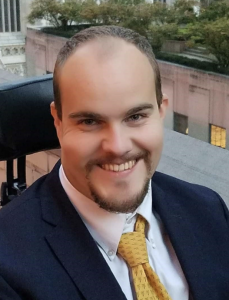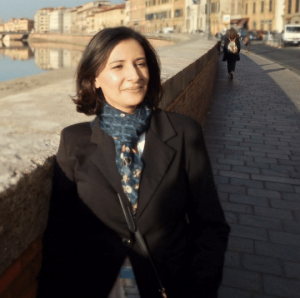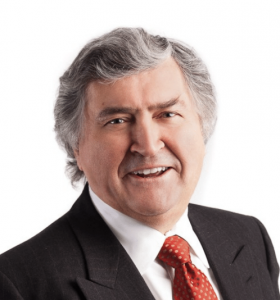Attention: Physical Presence for Court and the Catholic Church
 Matthew Cavedon is a criminal defense attorney in Gainesville, GA
Matthew Cavedon is a criminal defense attorney in Gainesville, GA
Moving the world onto Zoom was not as dramatic a break from history as you might think. After all, it’s been 170 years since Marx & Engels wrote that “[a]ll that is solid melts into air.” In many ways, then, moving everything onto actual Wi-Fi is just another blip in a centuries-long trend of airier and airier “modernization”—that is, of more abstraction, of the move away from place and flesh and time into a new world of idea and identity and the instant. Why, then, does it feel so sad? Americans are not handling the COVID-19 pandemic well. A third of us are experiencing stress and anxiety. Why? Shouldn’t we be ready for this next stage of human evolution, away from conference rooms and handshakes and hugs? For at least twenty years, some say, we have all been “chimeras, theorized and fabricated hybrids of machine and organism—in short, cyborgs.” And yet we don’t seem to have assimilated very well.
Two sanctuaries of resistance to the technology trend—the courtroom and the Catholic Church—help explain why we can’t just effortlessly float off into the cloud as a species. Both have only grudgingly gone online in recent months, even as much of the business world breathlessly predicts that couches are the new offices. This is because both are expert in focusing attention. And that requires forming consciousness through the senses in ways that virtual reality does not allow.


